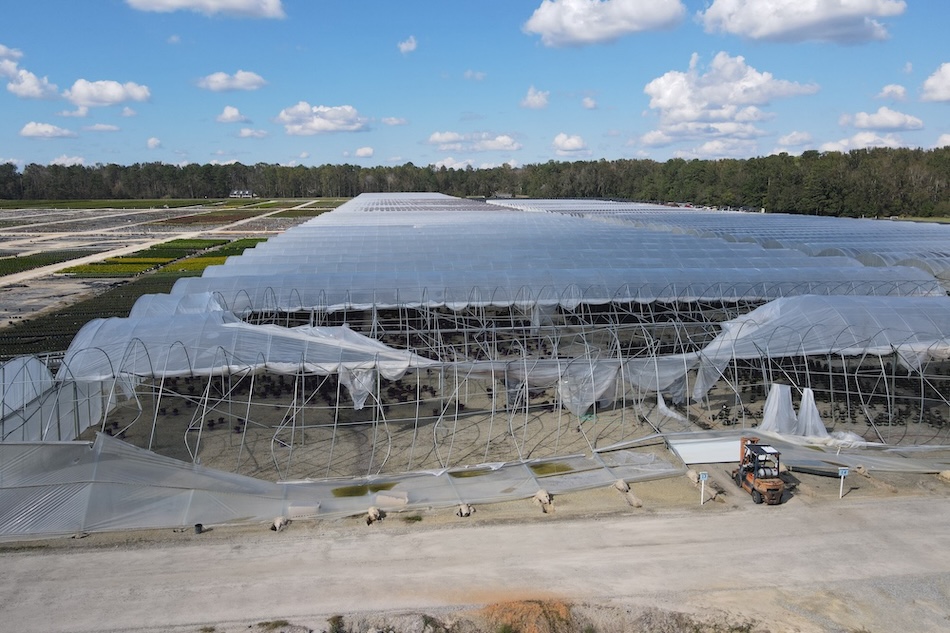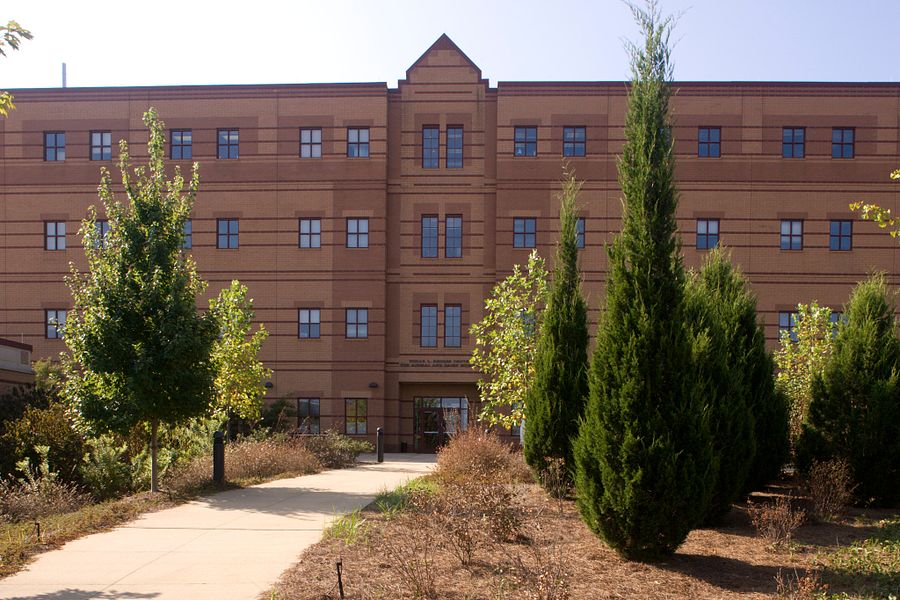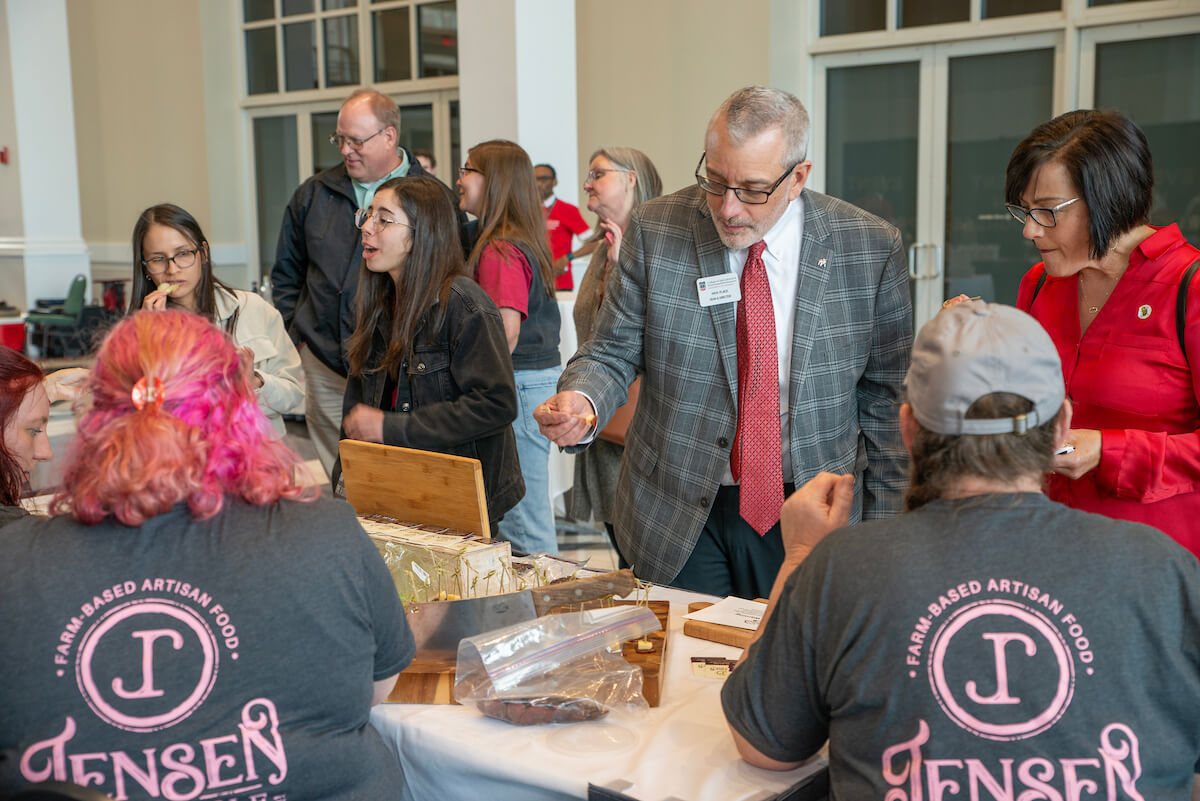By Dan Horton
University of Georgia
Identified and verified
Electronic images were relayed to the UGA Homeowner IPM Insect Diagnostic Clinic in Griffin, Ga. where a technician confirmed the identification. University of Florida entomologists, who have worked extensively with this pest, also quickly confirmed the specimens were indeed the pink hibiscus mealybug. Pink hibiscus mealybug is native to Southeast Asia but is now well established in Florida, Louisiana and Texas. The pest likely came to north Georgia as a very low-level infestation on tropical hibiscus from south Florida.Pink and destructive
Pink hibiscus mealybugs look similar to other Georgia mealybugs, but are pinkish in color. Thus, their name. The insect has relatively little of the white wax that adorns the bodies of most mealybugs. Initially, pink hibiscus mealybug injury may be hard to see, but they can reproduce rapidly with five to six generations a year in north Georgia. As populations grow, injury becomes strikingly evident. Infested plants are severely stunted and malformed, as if treated with an herbicide. The disfigured foliage is often covered with sticky liquid waste from the mealybug feeding. This also supports growth of a black sooty mold fungus. Infestations will often be noticeable from afar due to the numerous snow white egg sacs which look much like clusters of small Q-tips on plant stems and foliage.Could harm peanuts and cotton
The pest may not survive north Georgia winters. Pink hibiscus mealybug is a truly nasty pest -- one that gardeners, landscape professionals and nurseries hope can be eradicated from Georgia. “We can’t afford to have this imported pest damaging two of our major crops, peanuts and cotton; nor can we afford the potential losses to our horticulture industry as well as the damage it can inflict in home gardens,” said Georgia Commissioner of Agriculture Tommy Irvin. “We must all work to keep this pest from becoming established in Georgia.”What to do if you find them
If homeowners find mealybugs in their landscape, they should contact their local UGA Extension office. Nursery owners should contact the Georgia Department of Agriculture Plant Protection Office at (800) 282-5852. A sample, including the white egg sacks and small pink mealybugs, should be cut from the infested plant. Immature mealybugs move on wind currents so it is important to place samples in sealed plastic bags. For this reason, samples should not be transported in the back of open trucks. Plant destruction and replacement is often the best approach to take when controlling pink hibiscus mealybugs in home landscapes. Cut and double-bag infested plants or, where feasible, burn infested plant materials.





